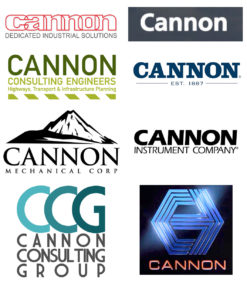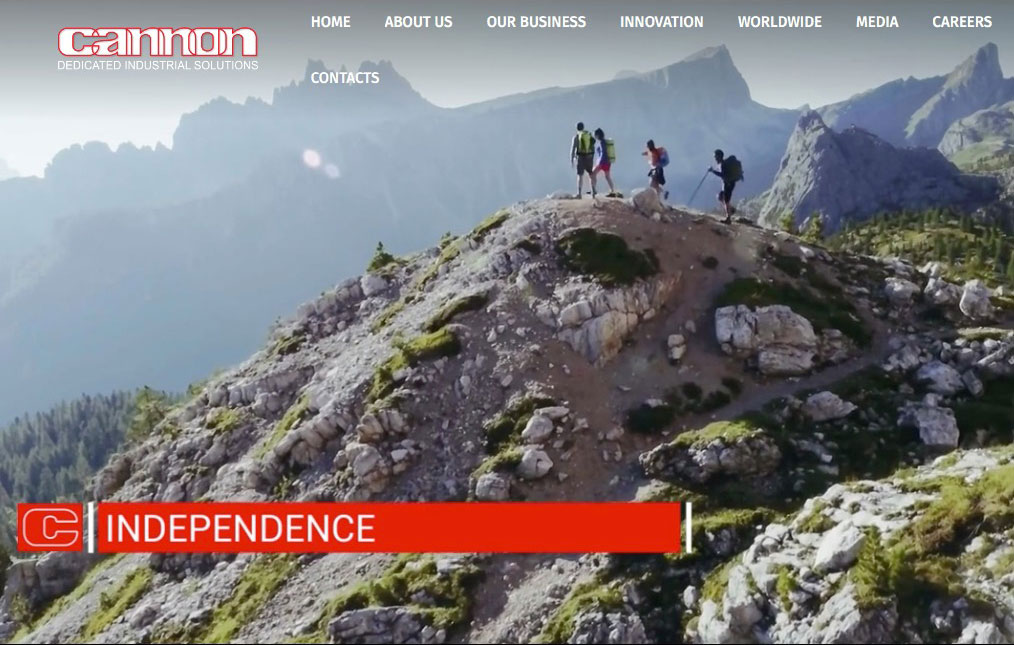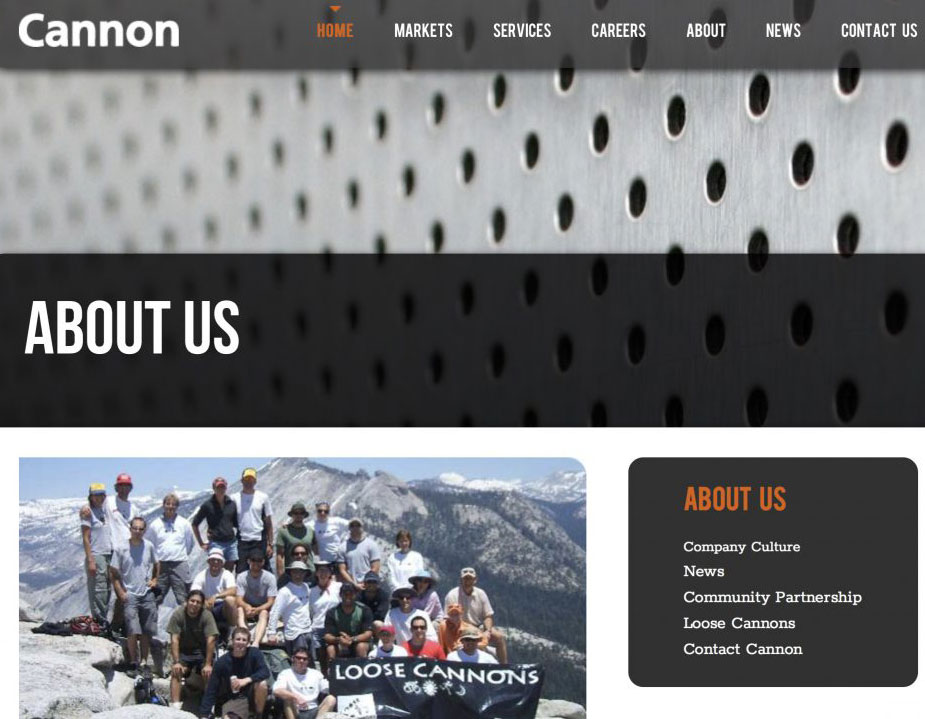
Cannon has been providing Reliable Responsive Solutions to clients since 1976.
Cannon has earned a reputation for excellence, skillful organization, efficiency, precision, and innovative design solutions.
Quiz: which of these Cannon companies does this apply to?
I keep seeing sites of companies who feel they don’t have to explain themselves.
The other day I saw a CraigsList ad: “Cannon is hiring a temp technical writer!”
I looked into it because maybe they wanted technical copywriting for a marketing campaign. Also, the company is located just a few miles up the freeway from me.
What kind of technology were they involved with? I didn’t know which Cannon it was. Google showed me several different companies called Cannon.
Many of them turned out to be civil engineering companies. They talk about themselves in similar language. Each of them expect that you already know everything about Cannon.
Therefore, they don’t feel it is necessary for them to explain what they do. They’re only interested in talking to industry insiders who already know Cannon’s capabilities.
Which one was it? Was it the Cannon that showed people climbing a mountain on their home page?

No, it was this other Cannon whose “About” page also showed mountain climbers:

One thing the two Cannons have in common is that neither of them cares to go into any detail to explain what it is that they do. “Dedicated industrial solutions” for one of them, “Reliable responsive solutions” for the other.
Instead, each of them tell you their opinion of themselves using abstract language that ranks very low on the Readability Index. They don’t care if you read it or not. So they wouldn’t be interested in my services as a technical copywriter.
The CraigsList ad said that what they were looking for was a proposal writer skilled in compliance, and able to deliver a “report-like document.” I don’t know what a “report-like document is. Perhaps it is an industry term.
Smaller companies look at sites like this and think this is how big companies do it, so they try to emulate the pedantic tone of abstract principles.
My theory for smaller companies is that, since nobody knows anything about you, you might as well start with a clear plain explanation of what you offer to the world.